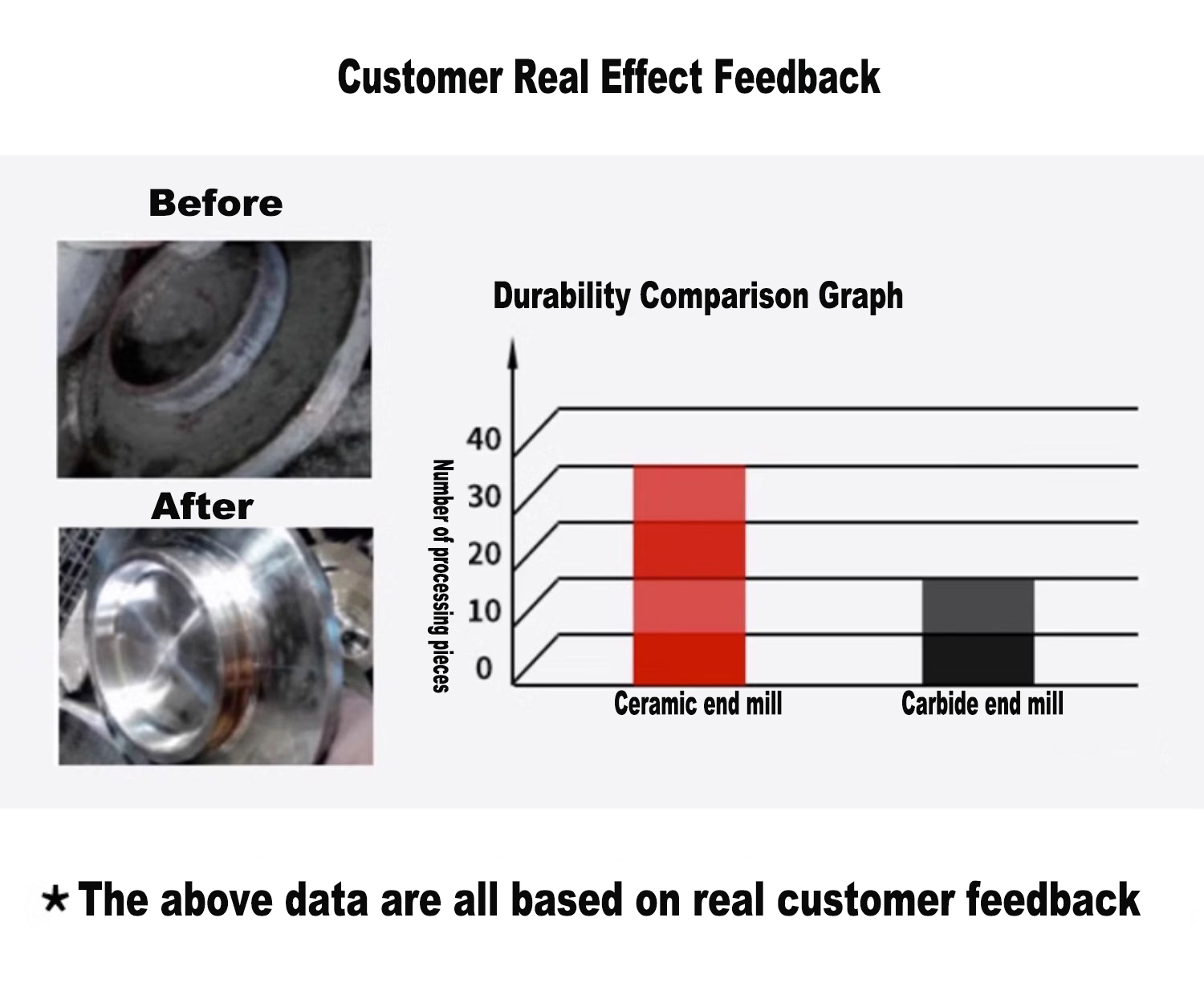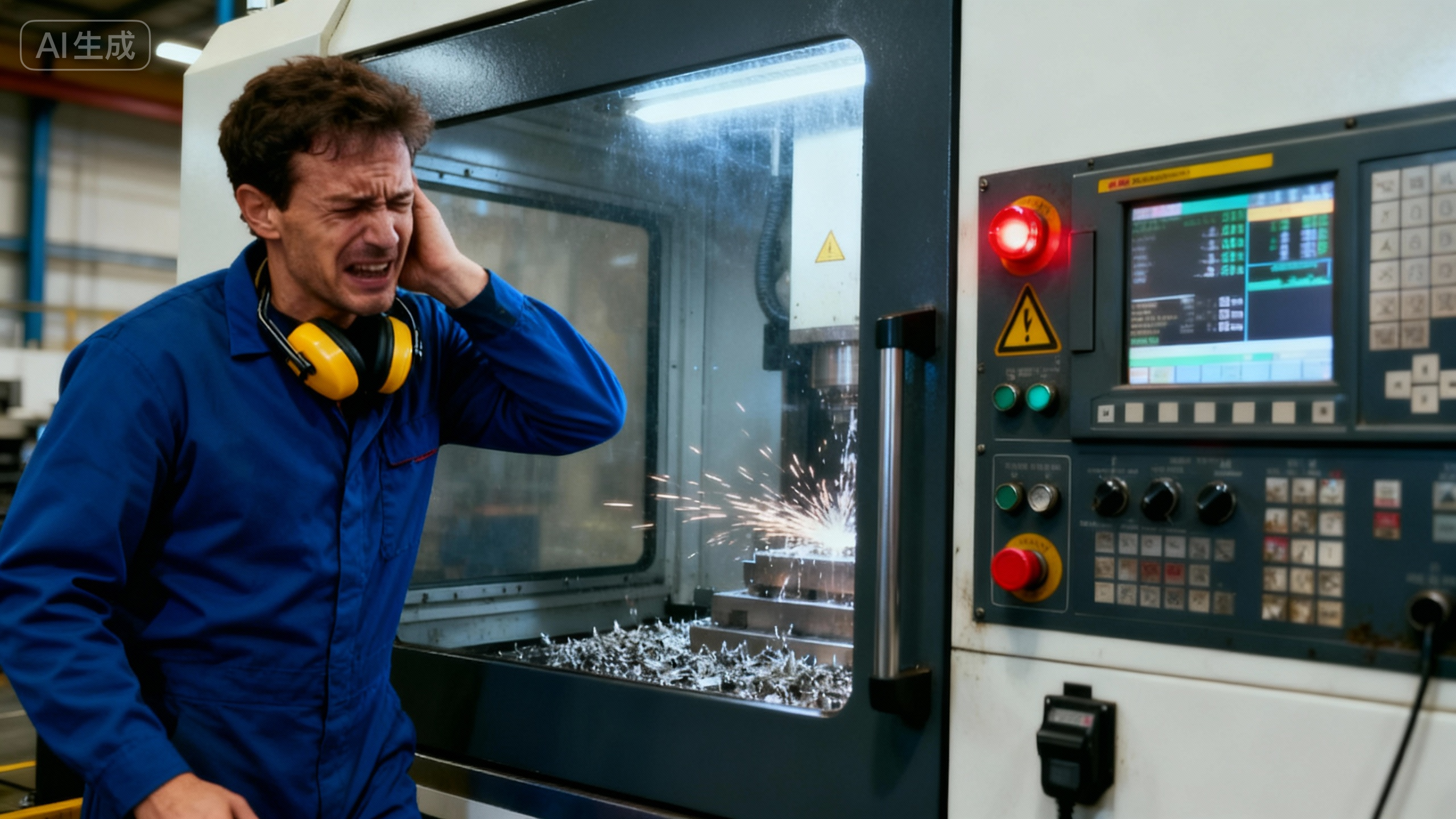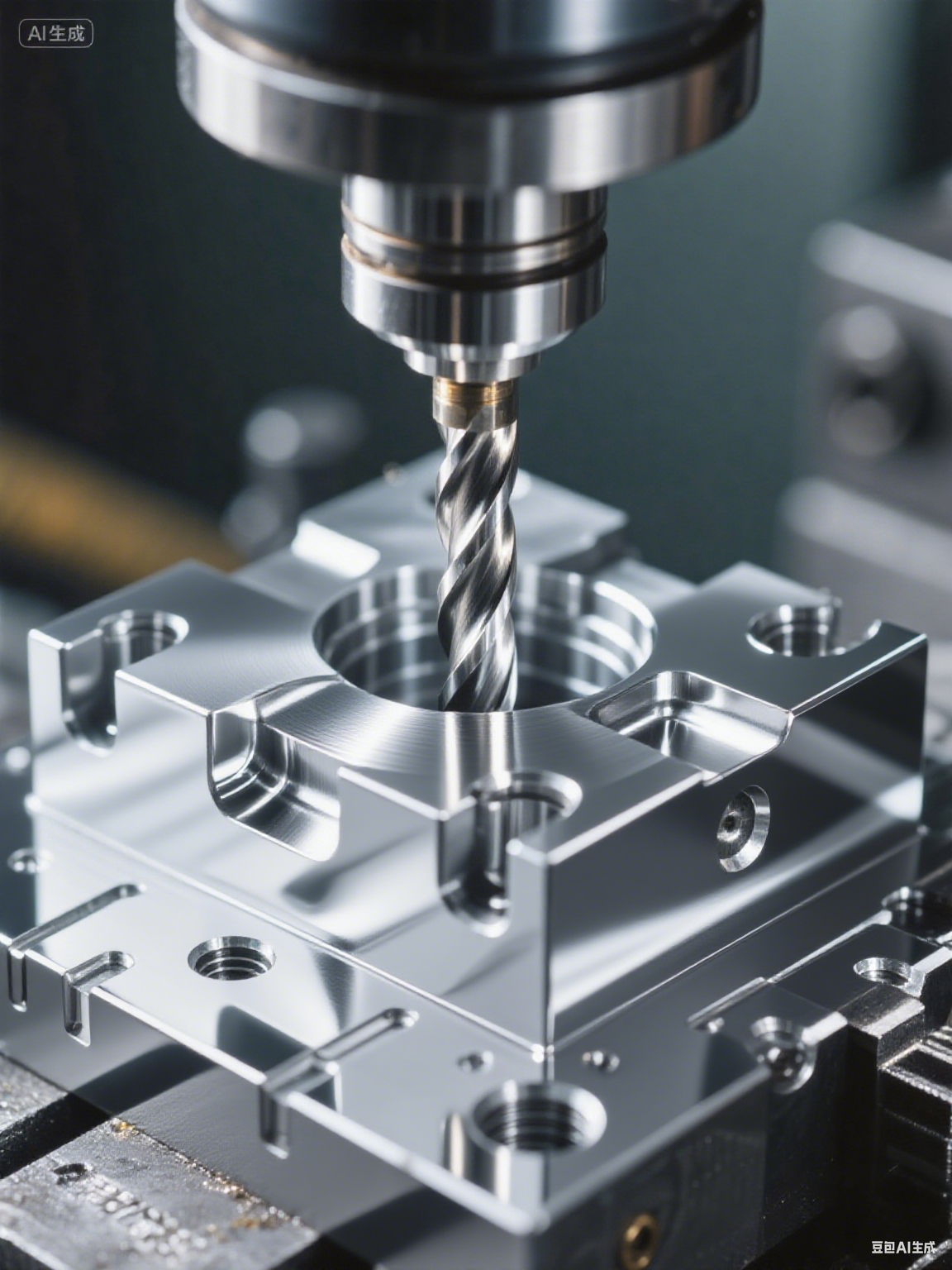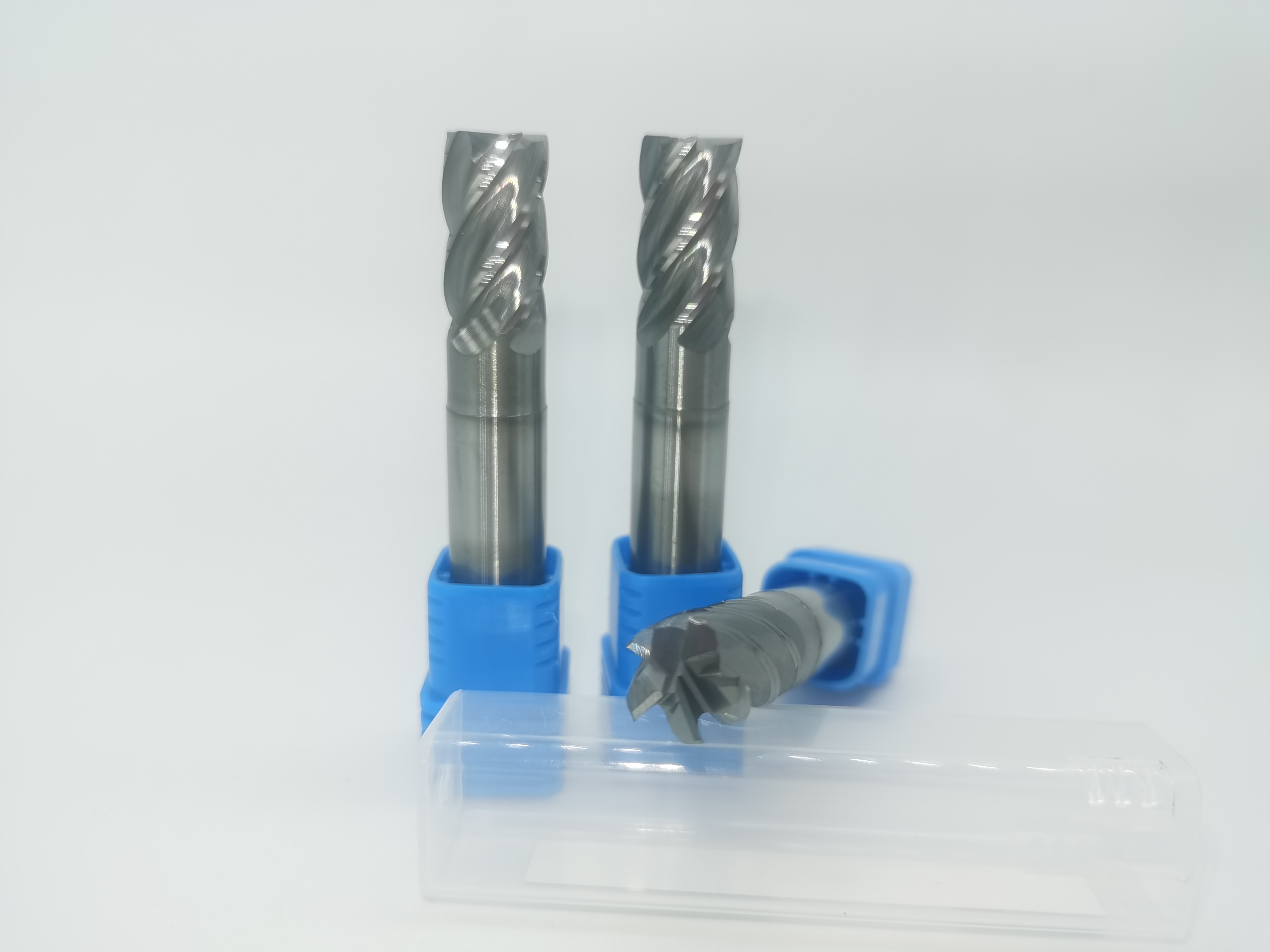Do you also face these problems when machining P20 mold steel?
As a mold manufacturing plant, you are surely familiar with P20 material. P20 is one of the most widely used materials in plastic mold manufacturing, especially suitable for medium to large plastic injection molds. P20 is commonly used to machine molds for some low-melting-point metal die-casting molds (such as small parts made of zinc or aluminum alloys) or when a customer requires mold trials. This is because the material is delivered in a pre-hardened state, which eliminates the heat treatment process and shortens the mold manufacturing cycle. Furthermore, its moderate hardness (HRC 30–36 is common) provides both compressive strength and ease of machining and mold repair. It also achieves a high surface finish, making it suitable for producing plastic parts that demand high surface quality.
Despite its extensive use, mold shops still face headaches when machining this material:
Have you felt that the machining efficiency is too slow even though you are operating carbide cutters near their limits in cutting speed and feed rate?
Do you experience rapid tool wear and frequent tool changes when machining P20?
Are you bothered by the fact that the mold surface does not achieve a mirror finish after using tungsten carbide tools, requiring subsequent polishing and increasing production costs?
Are you concerned that the heat generated during the P20 machining process might affect the workpiece surface quality and tool life?
We have a tool that can help you solve the above problems, and it only requires dry cutting, achieving the cost savings you need!
With the price of tungsten carbide continually rising, we at Changzhou QT TOOLS have been thinking about how to save costs for our customers without compromising their product quality. When we see our competitors selling expensive ceramic end mills, we have been considering: Let's drive the price down! Why did we choose to research ceramic end mills?
Because ceramic materials can maintain extremely high hardness and chemical stability even at high temperatures, which is difficult for cemented carbide to match.
The hardness of ceramic end mills far exceeds that of cemented carbide, resulting in minimal wear and longer life when machining steels like P20.
Furthermore, using ceramic end mills reduces the formation of built-up edges, ensuring a better finish on the machined surface.
Most crucially, ceramic tools allow for significantly higher cutting speeds than carbide tools, boosting machining efficiency several times over. This greatly improves customer production efficiency.
With appropriate parameters, the lifespan of a ceramic end mill is 3 to 5 times that of a standard carbide end mill.
High-speed cutting, combined with the characteristics of ceramic material, can directly achieve a near-mirror finish, significantly reducing or eliminating the need for subsequent polishing.
Excellent heat resistance makes them better suited for dry cutting, reducing the use of cutting fluids, making the process more environmentally friendly and saving production costs.
Some customers are concerned about a critical issue: "Ceramic end mills are so brittle; will they break easily?"
This is where our comprehensive after-sales service at Changzhou QT TOOLS comes in. We will provide you with suitable cutting parameters based on the core machining principles of "high RPM, fast feed, shallow depth of cut" (If you require them, you can directly message me to receive a free cutting parameter chart).
Below is a comparison chart of customer-machined materials, showing the difference between using a carbide end mill and a ceramic end mill.

Some customers also ask, "My machine's spindle speed is not high enough; can I still use ceramic end mills?"
This is a key consideration. The advantages of ceramic end mills require a high-speed machine to be fully realized. We will evaluate your equipment situation and recommend the most suitable machining plan, ensuring every penny you invest is worthwhile.
"Ceramic end mills are more expensive than carbide; are they really cost-effective?"
This is a comprehensive cost calculation. We need to look at the "total machining cost per part" not the "price of a single tool." Our Changzhou QT TOOLS ceramic end mills can machine continuously for 8 hours. By greatly increasing efficiency, extending tool life, reducing downtime for tool changes, and lowering subsequent processing costs, the ceramic end mill will bring you comprehensive economic benefits that far exceed its purchase price. Moreover, Changzhou QT TOOLS has already driven the price down! It is no longer as expensive as before. Please message me for the latest discounted price list.
If you want to try ceramic end mills, you can contact us. We will provide you with an exclusive ceramic end mill solution for P20 mold steel machining and a free trial opportunity. Let us use data and facts to help your company stand out in the fierce market competition!





